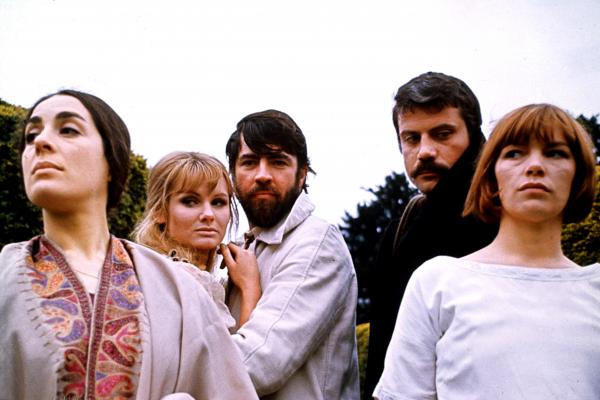CONJURING THE VIEW on a mountain hike, the beloved Americana musician David Wilcox sings “Some things you can’t unsee.” The first time I heard the song, I was struck by the surprise: It’s not just the painful, traumatic interruptions that stay with us. The exquisite, tender, spectacular ones can become permanently intertwined with our more practical thoughts, a backdrop for memory, musing about the future, or just living in the ordinary moments of day-to-day living. The magnificent bonus is that traumatic memories can be healed by reframing them with images and thoughts that empower us beyond victimhood.
Some movies, too, sear themselves into the mind. The memory of a scene and the feelings it aroused may become interwoven. It can be difficult to tell the difference between the movie we saw and whatever was going on in our lives at the time. Sometimes the scene is distressing, but other times it is like an old friend or mentor we can visit for comfort, advice, or a reminder of something useful we had forgotten.
I experienced this recently with the new restoration of Women in Love, the 1969 adaptation of D.H. Lawrence’s novel about four people trying and failing to tell each other how they feel and what they need.
Read the Full Article

